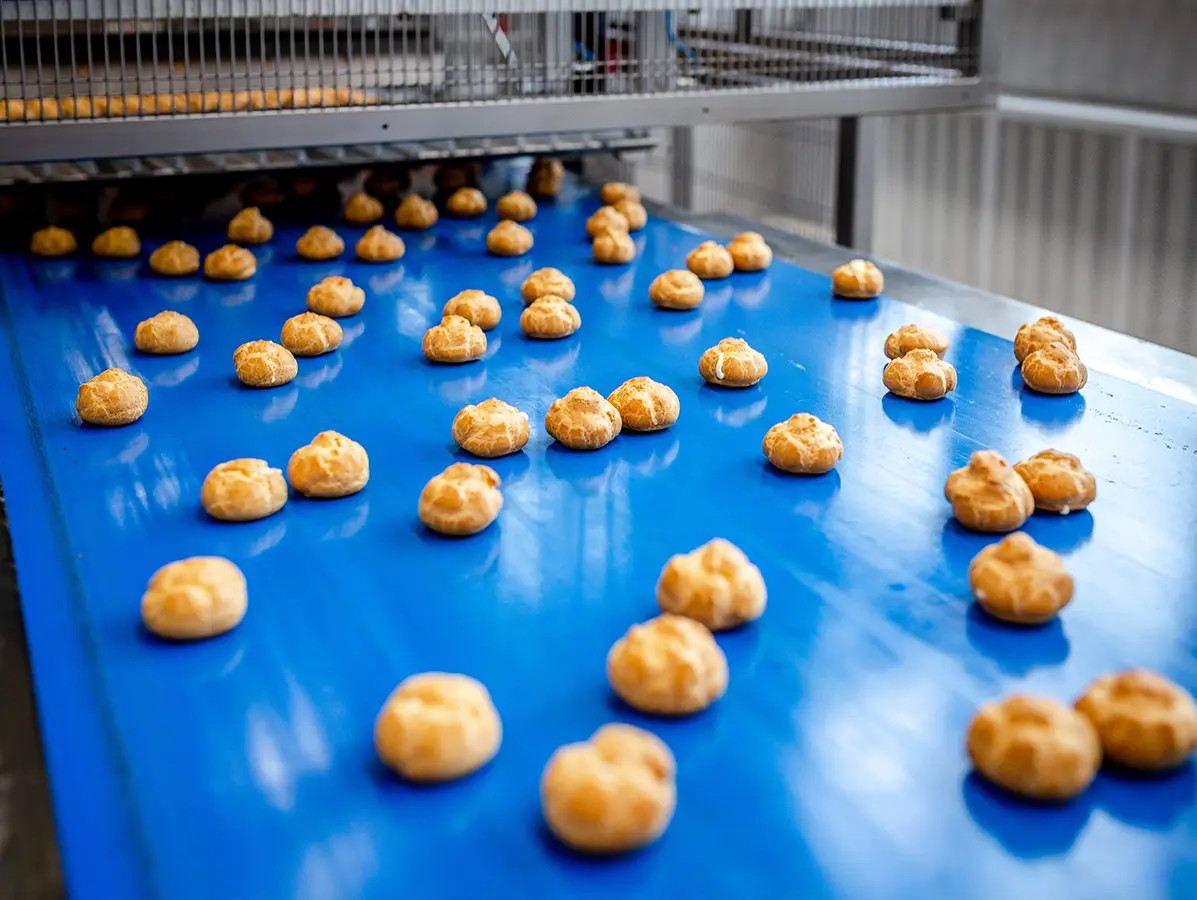
While industrial bakeries across Europe are joining forces to source more sustainable ingredients such as low-carbon wheat, coordination remains lacking in the Netherlands. As a result, the Dutch food industry is falling behind on sustainability. “As long as sustainability is treated as a competitive tool, real progress will stall,” says Ceel Elemans, Sector Specialist Food at ING.
The ACM encourages companies to stop shying away from collaboration. Industry associations can play a key role here—just like supermarkets. If they start weighing sustainability more heavily than price in their purchasing decisions, it would give suppliers more room to invest.
Due to adjustments in European regulations—the so-called Omnibus proposals—the administrative burden on companies has temporarily eased. That offers a bit of breathing room. Less paperwork means more freedom to make decisions without having to document every single step.
That said, the goals of the EU Green Deal still apply. Major buyers, including supermarkets and companies like Unilever, continue to raise the bar. And they expect their suppliers to keep up.
The protein transition is a clear example of what joint effort can achieve. The goal is for supermarket shelves to reflect a 50/50 balance between animal and plant-based proteins by 2030.
Supermarkets are taking that seriously. Farm Dairy, for instance, recently launched dairy drinks that contain 30 to 40 percent plant-based ingredients made from Dutch fava beans. It’s a concrete step that shows what’s possible when the entire chain gets involved.
Source: ING